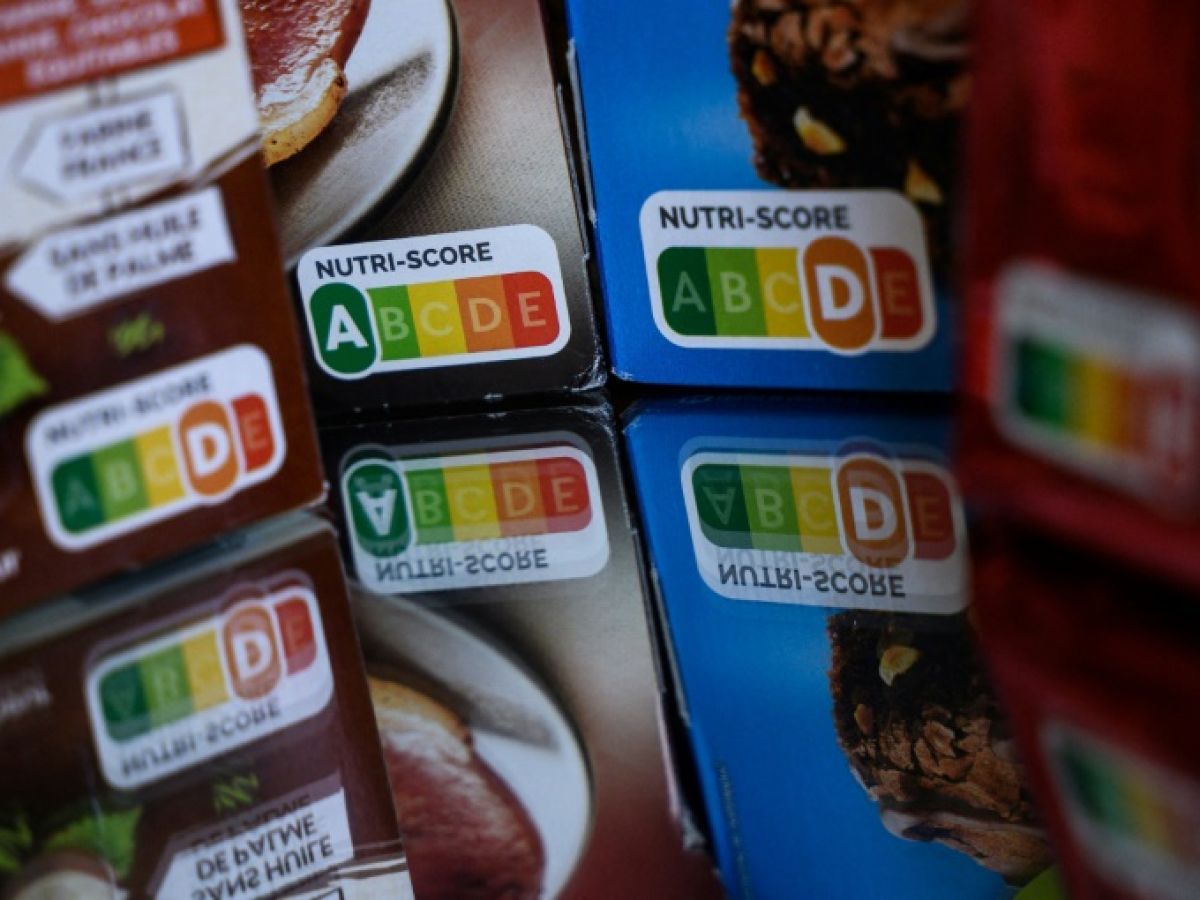In an opinion voted on Tuesday, the Economic, Social and Environmental Council (CESE) is proposing binding measures to combat food-related health problems, such as the widespread use of the Nutri-Score, the taxation of harmful products and the regulation of advertising aimed at children.
The Cese, composed of representatives of civil society and whose role is consultative, has taken up this issue itself, in parallel with the construction of the National Strategy for Food, Nutrition and Climate 2025/2030 (Snanc).
Put out for consultation on April 4 for a month, the Snanc was welcomed as long-awaited but also criticized by more than 50 NGOs, who regret that "the majority of the measures mentioned are of an incentive nature" and not binding.
"We can clearly see that measures based only on intentions are unfortunately not followed by any effect," Dominique Marmier, co-rapporteur of the EESC opinion and a farmer, told AFP.
He insists on the need for stricter measures, "with evaluations and then sanctions."
Make the Nutri-Score mandatory
The Council recommends "resuming negotiations at European level to quickly make mandatory" the affixing of the Nutri-Score to "all processed and pre-packaged products."
In the Snanc, the government proposes, by 2030, "to encourage advertisers to display the Nutri-Score" and "to experiment with the modalities of extending the voluntary use of the Nutri-Score to non-pre-packaged foods."
After refusing to make the Nutri-Score mandatory under pressure from agro-industrialists, particularly Italian ones, the European Commission recently reiterated its intention to "continue working" on a consensual solution for nutritional labeling.
Tax products that are too harmful
Both the Cese and the Snanc recommend the implementation of a plan to reduce the fat, salt and sugar content of processed products "to levels corresponding to medical nutritional recommendations" (Cese).
This plan would be co-constructed with "the agri-food industry and the scientific community," said Dominique Marmier, co-rapporteur.
In the national strategy, "if not achieved, (this plan) will be followed by regulatory objectives."
The Cese's recommendation is more specific: "to implement a tax system on products that do not meet the objectives set after the collectively defined deadline", the "revenue of which could be used to finance actions to combat food insecurity".
"With illnesses (obesity, diabetes, etc.) on the rise, we think it costs Social Security around twenty billion each year, because we provide care that wouldn't be necessary if we ate properly," explained Dominique Marmier.
According to him, this "small tax" would aim to "penalize bad students" because simple incentive levers are not enough.
"I know that the bans and taxes mentioned in our opinion are irritating," but they would only come at a later stage, said Henri Biès-Péré, president of the Territories, Agriculture and Food Committee, during the plenary session.
Better regulation of advertising
The ESC recommends stricter regulation of food advertising aimed at children.
The current measures allow for the regulation of advertising before and after children's programs on public service channels, but not on private channels, which nevertheless represent "two-thirds of audiences for children's programs," the council explains. And these programs represent less than 20% of what children watch, who tend to turn to reality TV in particular.

However, 88% of advertisements aimed at children promote products with a Nutri-Score D or E (compared to 43% for "general audience" advertisements), and 0% for A or B products (compared to 30% for "general audiences"), according to a study by UFC-Que Choisir. The association even suggests "banning advertisements for Nutri-Score D and E foods during programs most watched by children."
The NGOs criticize the government for having substituted a simple "incentive lever" for the "regulatory framework" initially intended to "effectively reduce children's exposure" to these advertisements in the Snanc.
This choice "contrasts with the British government's decision to ban junk food advertising on the internet and on daytime television from October 1," the NGOs note.

